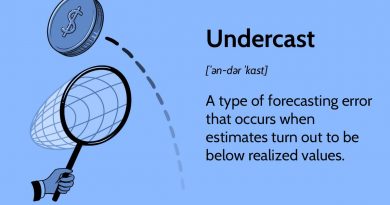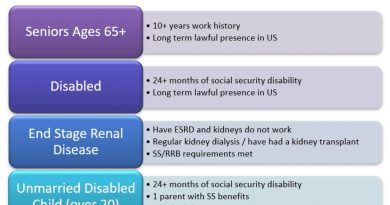Valuable Papers Insurance What It is How It Works

Valuable Papers Insurance: What It is, How It Works
What Is Valuable Papers Insurance?
Valuable papers insurance is a type of property-casualty insurance. It reimburses the policyholder for the monetary value of valuable papers such as wills, trusts, or corporate charters lost for any reason, but cannot replace the papers. It is often purchased by corporations, small businesses, and wealthy individuals.
Key Takeaways
– Valuable papers insurance reimburses the policyholder for the monetary value of valuable papers like wills, trusts, or corporate charters lost for any reason.
– Coverage is limited to the actual monetary or replacement value of the papers.
– Valuable papers insurance usually excludes electronically stored documents, as well as money and securities certificates.
– Insurers may require safety measures like safes or chemical fire extinguishers for coverage.
– Valuable papers insurance may be included in commercial insurance policies, with a lower sub-limit.
Understanding Valuable Papers Insurance
Valuable papers insurance protects businesses from the costly and time-consuming process of replacing important documents. The coverage limits can be high, but it is always limited to the actual monetary or replacement value of the papers. The insured papers must be carefully guarded to file a claim.
For example, if a company’s headquarters are destroyed by a flood, valuable papers insurance can reimburse the company for documents like property deeds, court case information, and personnel records. This saves the company money and effort in reconstructing the evidence. Medical and legal records, as well as research and development documents, are challenging to reproduce.
Businesses without valuable papers coverage in their commercial property policy can insure these items with an endorsement, which provides similar or broader coverage than a typical property-casualty policy.
Valuable papers insurance typically excludes electronic files, money, and securities.
What Is and Isn’t Covered
Valuable papers policies are used for businesses relying on highly sensitive documents, such as medical records, contracts, accounting data, or blueprints. These policies offset losses if the documents are damaged or lost.
Most policies specifically exclude electronically stored documents. However, businesses can protect electronic data with coverage designed for that purpose. Money and securities are also excluded.
Mitigating the Risk of Loss
Coverage conditions for valuable papers are set by the policy. For example, insurance companies may require essential records to be stored safely, such as in a secure safe or behind locked doors. Accidentally destroyed papers may not be covered if they weren’t stored properly.
Insurers may also require regular backup and archiving of important information, including electronic records. Electronic records must receive the same care as physical ones.
What Is Covered By Valuable Papers Business Insurance?
Valuable papers insurance covers the loss or damage of important papers like medical records, contracts, property deeds, blueprints, or any other necessary documents. It generally does not cover the loss of money, securities certificates, or electronic records.
What Is a Monoline Policy?
A monoline policy is an insurance policy that covers a specific type of risk. Insurers specializing in whole life insurance, auto insurance, or specific types of property offer monoline policies.
How Can I Insure My Electronic Documents?
Electronic documents can be insured through a separate endorsement called a data loss policy. These policies cover damage from fire, flooding, hacking, viruses, and hard drive crashes. However, they typically don’t cover wear and tear or losses due to improper file storage.



